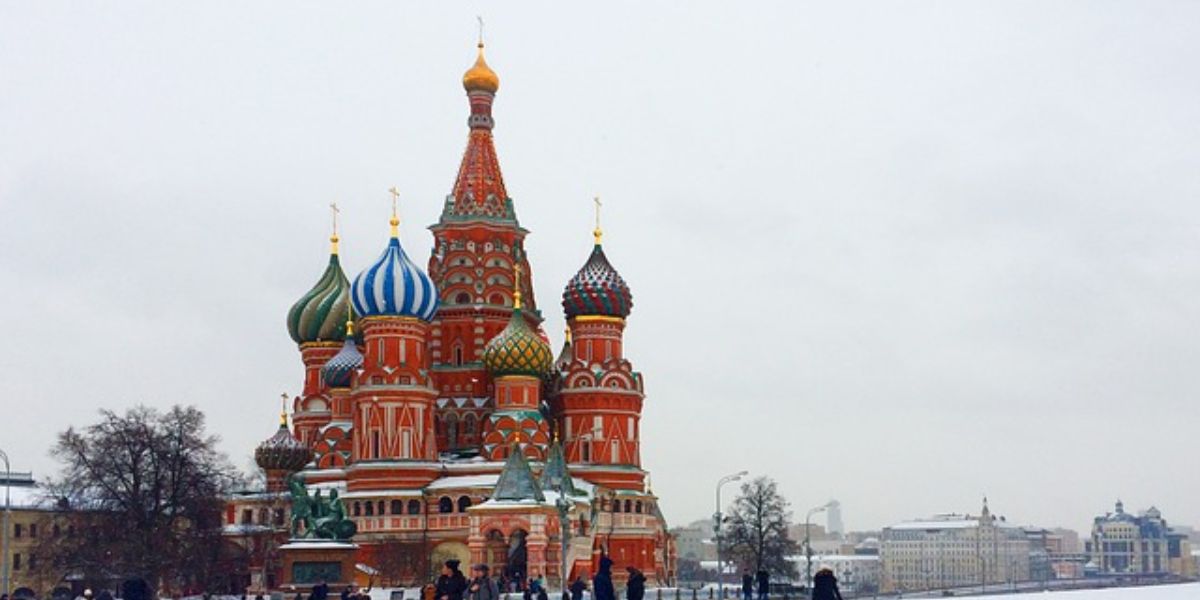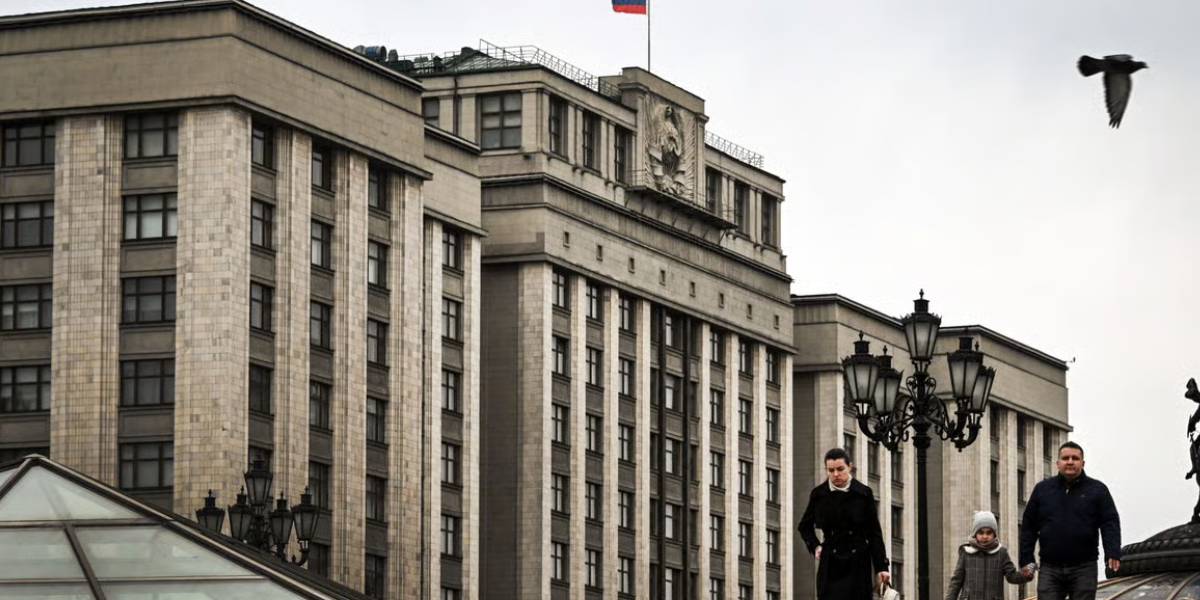Russia’s Ministry of Finance (MOF) has issued a guidance letter No. 03-12-12/1/59174 clarifying the transfer pricing obligations for controlled transactions involving foreign legal entities operating through permanent establishments (PEs) in Russia.
The letter specifies that taxpayers must notify the tax authorities of all controlled transactions executed within a calendar year, in accordance with Tax Code Article 105.16, Section 1. The MOF highlighted that if one party to a transaction is a foreign legal entity operating through a PE in Russia, the income generated from such transactions is subject to a corporate tax rate of 20%.
Under Article 307, Section 1, the corporate tax base for non-resident legal entities operating in Russia through a PE must include the following:
- Income earned from activities conducted in Russia, adjusted for the PE’s expenses.
- Income derived from the possession, use, or disposal of the PE’s assets in Russia, less associated expenses.
- Other categories of Russian-source income as defined in Article 309, Section 1, linked to the PE’s operations.
To qualify as a controlled transaction for transfer pricing purposes under Article 105.14, Section 1(3), the total annual income from transactions between the related parties must exceed RUB 120 million (approximately USD 1.2 million), and at least one specific type of transaction must be involved. These transactions may include:
- The sale or resale of goods or the provision of services involving unrelated third parties who do not bear risks or utilise assets.
- Foreign trade transactions involving key commodities such as oil, metals, and precious stones traded on global exchanges.
- Transactions with entities located in jurisdictions identified by the MOF as noncooperative.
The guidance also delineates that permanent establishments (PE) can encompass various forms of business presence in Russia, including branches, representative offices, and divisions. Activities under this classification include equipment servicing, goods sales from local warehouses, and the use of natural resources, among others.
Additionally, the MOF clarified that the provisions of Article 105.14, Section 2 – which pertain to controlled transactions among parties registered or residing in Russia – do not apply to cases involving foreign entities. This distinction emphasises the need for careful compliance and reporting for foreign businesses navigating Russia’s tax landscape.
According to Article 306, Section 2, a permanent establishment (PE) is defined as any branch, representative office, division, bureau, agency, or other independent unit through which a foreign legal entity conducts regular business operations in Russia. Such operations encompass a variety of activities, including:
- Installation, assembly, adjustment, maintenance, and operation of machinery and equipment.
- Distribution of goods from local warehouses.
- Utilization of subsoil and other natural resources.
- Execution of various tasks, provision of services, and other recognized activities that do not fall under the category of preparatory or auxiliary operations outlined in Article 306, Section
As international companies assess their operations in Russia, this guidance provides essential clarity on the complexities of transfer pricing and the obligations they face in reporting-controlled transactions.













